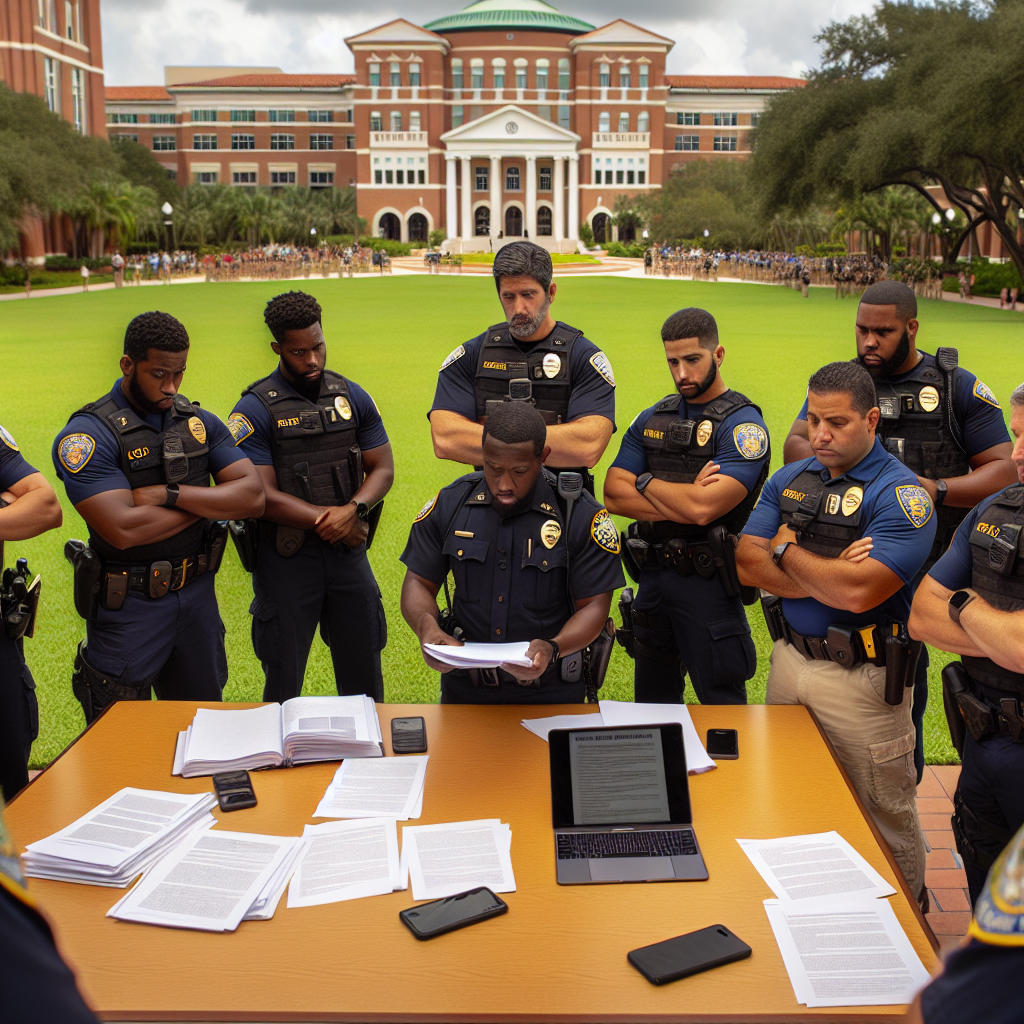Florida Universities Empower Campus Police for Immigration Enforcement
Florida Universities Empower Campus Police for Immigration Enforcement
Overview
In a significant policy shift, Florida universities are now granting campus police the authority to engage in immigration enforcement. This move aligns with broader state-level initiatives aimed at tightening immigration controls and has sparked a mix of support and concern among various stakeholders.
Key Developments
- Policy Implementation: Campus police at Florida universities are being trained and authorized to enforce immigration laws, a role traditionally reserved for federal agencies.
- Statewide Initiative: This change is part of a larger state effort to enhance immigration enforcement, reflecting recent legislative measures passed in Florida.
- Stakeholder Reactions: The policy has received mixed reactions, with some praising it as a necessary step for security, while others criticize it for potentially creating a climate of fear among immigrant communities.
Implications for Students and Staff
The empowerment of campus police to enforce immigration laws could have significant implications for students and staff, particularly those from immigrant backgrounds. Concerns have been raised about the potential for racial profiling and the impact on the campus environment.
Support and Criticism
- Supporters: Proponents argue that this measure will enhance safety and ensure that immigration laws are upheld consistently across the state.
- Critics: Opponents fear that it may lead to discrimination and deter international students from attending Florida universities.
Conclusion
The decision to empower campus police with immigration enforcement duties marks a pivotal change in Florida’s approach to immigration control within educational institutions. While it aims to bolster security, it also raises critical questions about the balance between law enforcement and maintaining an inclusive, welcoming campus atmosphere.

































